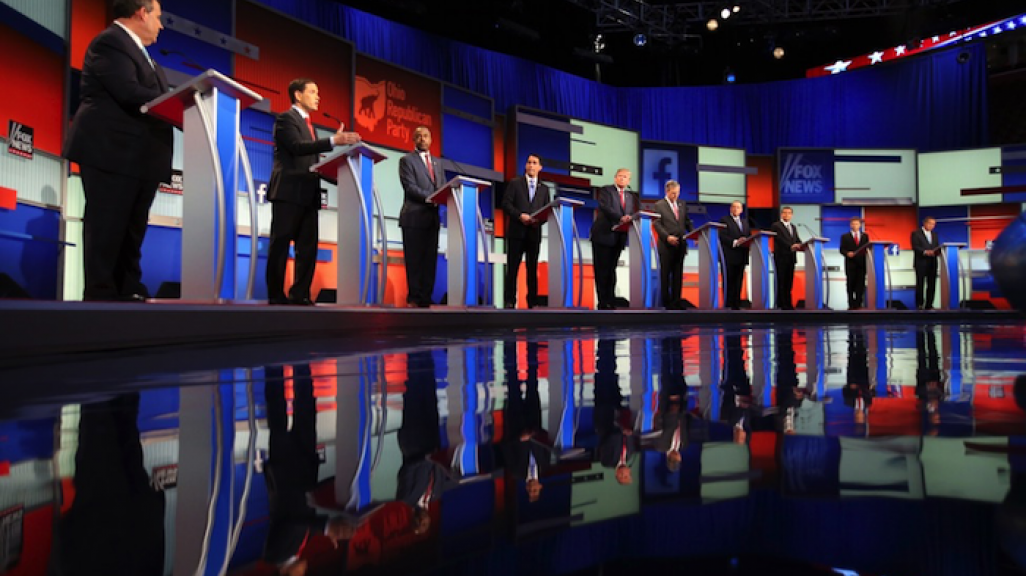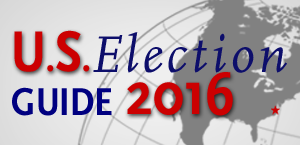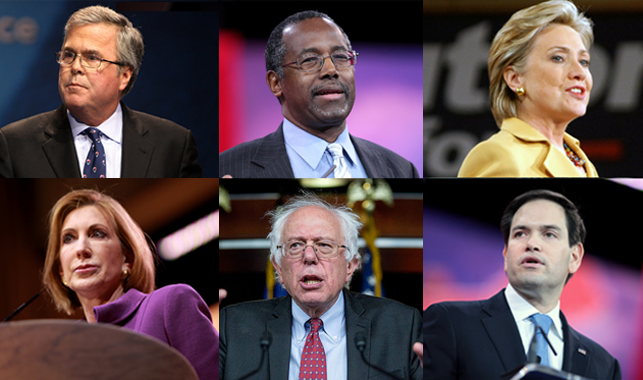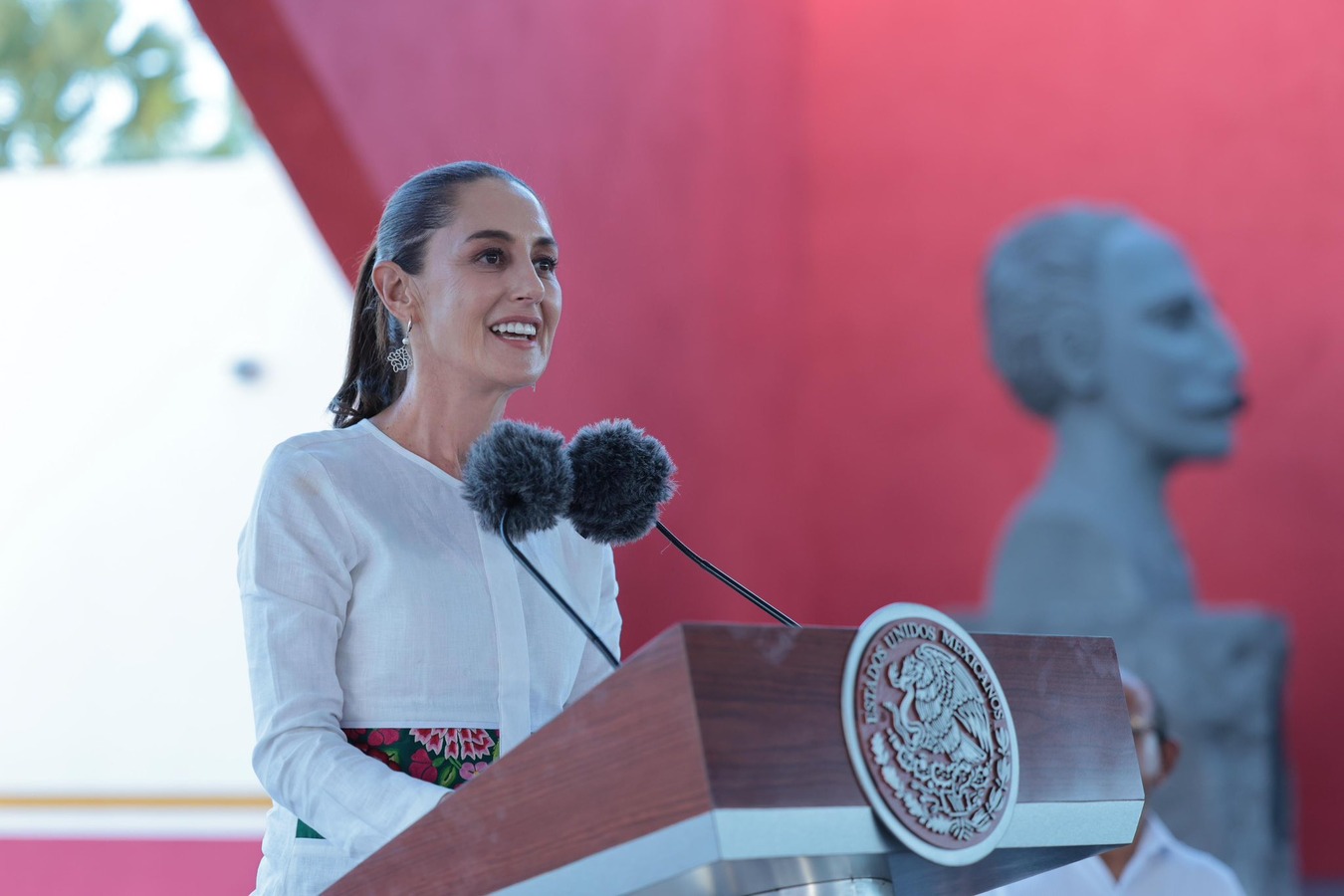U.S. Republican Candidates Square Off on Immigration in First Debate
U.S. Republican Candidates Square Off on Immigration in First Debate
Just one Latin American was name-checked in the first 2016 U.S. presidential debate: El Chapo Guzmán.
The 2016 U.S. presidential election had its first big event on August 6 in Cleveland, Ohio, with Fox News as host of the first official debate for Republican candidates. With an uncommonly crowded field, the evening was split into two events: a “prime-time” debate with the top 10 candidates based on poll standings, and an earlier “happy hour” debate with the other seven candidates.
The early debate at 5 p.m. involved four governors and two senators. Former Hewlett-Packard CEO Carly Fiorina of California was the lone woman and member of the business community. As far as topics that affect Latin America and/or Latinos in the United States—immigration, border security, trade, foreign policy—immigration and border security were the only ones touched on, and most candidates repeated policy positions: former Texas Governor Rick Perry said he’d construct a wall along the U.S.-Mexico border and increase aerial surveillance of border territory, Louisiana Governor Bobby Jindal said people shouldn’t label themselves with hybrid ethnicities (e.g. Indian-American), and former Pennsylvania Senator Rick Santorum said he’d reduce the number of people allowed to immigrate each year into the United States by 25 percent. Fiorina, who was widely seen as the winner of the debate and who has courted the Latino vote in the past, did not broach the subject.
Then at 9 p.m., the lead candidates squared off as debate moderators asked tough and pointed questions to each. The first question of the night went to neurosurgeon Ben Carson when host Megyn Kelly asked him about his admitted lack of foreign policy experience. Neither trade nor foreign policy with Latin America came up in any significant way during the debate.
That said, immigration took up about a third of the first 16 minutes in the prime-time debate. Coming into the evening, 4 in 5 likely Republican voters oppose President Barack Obama’s executive actions on immigration, a dissatisfaction New York businessman Donald Trump has tapped into during his campaign and helped him rise to the top of the polls (and literally to center stage). “Donald Trump’s hitting a nerve in this country,” fellow debater and Ohio Governor John Kasich pointed out in the course of the evening. “For people who want to tune out, they’re making a mistake.” Trump had no problem speaking for himself: “If it weren’t for me, you wouldn’t even be talking about illegal immigration,” said the real estate mogul, whose wife, incidentally, is an immigrant from Slovenia. As for policy specifics, Trump argued for the construction of a wall: “We need to build a wall . . . quickly and I don’t mind having a big beautiful door in that wall so people can come into this country legally.” Trump also called the Mexican government shrewder than the U.S. one in its maneuverings. Nonetheless, Trump performed poorly, per observers and focus groups who said he appeared “mean,” “angry,” and “bombastic.”
Former Florida Governor Jeb Bush, who was second in the latest polls and has extensive ties to Latin America, also was questioned on immigration, and like Trump, underwhelmed. When asked about his previous statements that people who immigrated illegally were doing so as an “act of love” to provide for their families, Bush said “I do . . . believe the great majority have no other option. . . . But we need to control our border.” Bush added that the country needed to be more vigilant about those who overstay their visas and eliminate sanctuary cities. He also said that there should be a pathway for legal status that involves paying a fine. “Rather than talk about this as a wedge issue, the next president will fix this once and for all,” he said.
Florida Senator Marco Rubio, considered by many to have won the main debate, made the point that the majority of U.S. immigrants today are not from Mexico, but from other countries, such as El Salvador and Guatemala. Rubio, the son of Cuban immigrants, noted that allowing 1 million immigrants into the country each year made the United States “the most generous country in the world.” He said he also supports implementing an electronic verification system and the construction of a border fence, but with one caveat: “The problem is if El Chapo builds a tunnel under the fence, we have to be able to deal with that too.”
Elizabeth Gonzalez contributed to this article.










